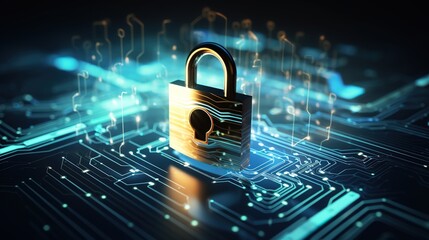
Security aspects go hand in hand with legal aspects as well. Security is a crucial concern in Remote Patient Monitoring in Healthcare because it contains sensitive patient information and could risk the patient's privacy.
As mentioned before, RPM must follow all the regulations of HIPPA as it ultimately contains all the patient's health information, which is why it is crucial that both patients and healthcare providers feel like they are given the same level of confidentiality, integrity, and availability as they would in person.
While technology does have its benefits, it can also have its downfalls. Ensuring that all patient health data is securely encrypted and inaccessible by unauthorized access is critical. Failure to securely encrypt patient information could violate HIPPA law, which protects sensitive patient health information. All RPM devices and healthcare systems should be strongly encrypted, and there should be a 24/7 IT team just in case something happens because technology can sometimes fail.
Another significant security aspect is authentication. Making sure only the right people have access to patient data. Using two-factor authentication, which can help verify the identity of users accessing the RPM system, will help prevent individuals with unauthorized access, which plays a role in access control. Ensure the RPM has a solid mechanism to restrict patient access to ensure that only authorized healthcare professionals and certain staff members can access patient data.
In order to make all the above information possible to ensure patient information security, the National Cybersecurity Center of Excellence (NCCoE) has set out a report regarding RPM. "The National Institute of Standards and Technology (NIST) invites organizations to provide products and technical expertise to support and demonstrate security platforms for the Securing Telehealth Remote Patient Monitoring Ecosystem for the healthcare sector use case. This notice is the initial step for the NCCoE in collaborating with technology companies to address cybersecurity challenges identified under the healthcare sector program" (NCCoE, 2019). The most significant security aspect in RPM is securing all patient security, and the best way to get NCCoE involved is to ensure the top security tools are used to be successful.